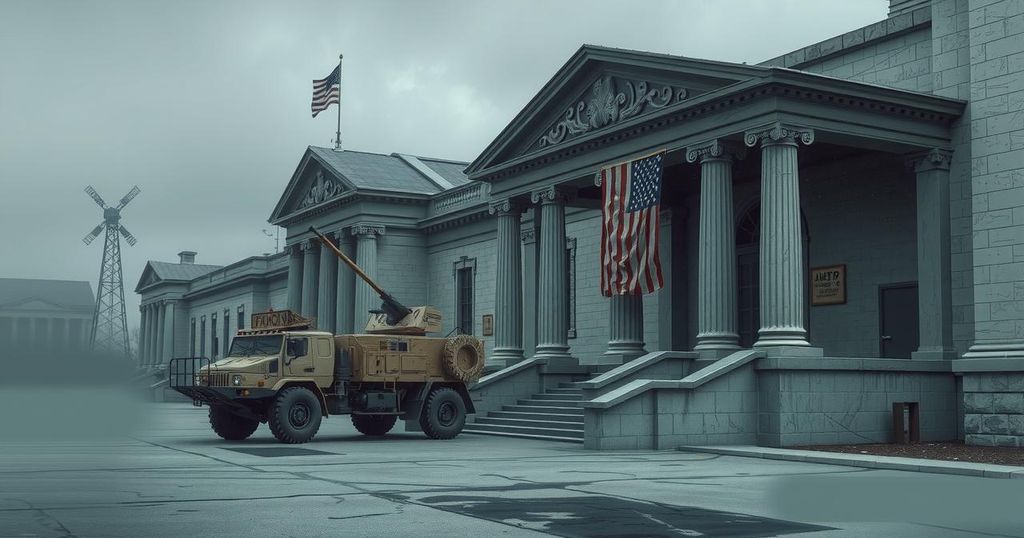On March 5, 2025, South Sudan’s Petroleum Minister and key SPLM-IO officials were arrested amid tensions suggesting a possible coup. The arrests raised concerns about the power-sharing agreement aimed at stabilizing the government post-civil war. Increasing violence in Upper Nile state and accusations of collaboration with rebels further complicate the already fragile political landscape.
On March 5, 2025, South Sudan experienced significant political upheaval with the arrest of key officials, including Petroleum Minister Puot Kang Chol and several senior politicians from the SPLM-IO party. These detentions are perceived as potential provocations linked to a coup against a faction within the power-sharing government. Notably, Kang Chol was taken from his residence in Juba alongside family members and bodyguards, as confirmed by a statement from the ministry’s press secretary.
The situation escalated when Lieutenant General Gabriel Doup Lam was arrested by the South Sudan People’s Defense Forces (SSPDF) and his residence was surrounded. His capture has raised alarms regarding breaches of the 2018 power-sharing agreement that ended a prolonged civil conflict, with Machar’s spokesperson indicating, “This act puts the entire agreement at risk.”
The arrests coincide with accusations against General Lam of collaborating with Nuer rebels in Upper Nile state, where recent violence has surged. The SSPDF, primarily backed by President Salva Kiir’s government, has voiced concerns over General Lam’s associations amid escalating clashes reported by the UN Mission in South Sudan.
Since South Sudan’s civil war inception in December 2013, the nation has been plagued by instability, leading to severe humanitarian crises and population displacement. Although a peace deal was established in 2018, its implementation remains incomplete, perpetuating a frail governmental structure. President Kiir has expressed determination to prevent a return to war, emphasizing, “South Sudan will not go back to war.”
The recent arrests of prominent officials in South Sudan highlight ongoing tensions within the government and raise serious concerns regarding the fragility of the power-sharing agreement established to end past civil conflict. The incidents reflect underlying issues, including ethnic divisions and violence in the Upper Nile state, which jeopardize efforts towards stability and peace in the nation. As the situation evolves, attention will be critical in observing the government’s response and commitment to maintaining peace.
Original Source: www.dw.com




